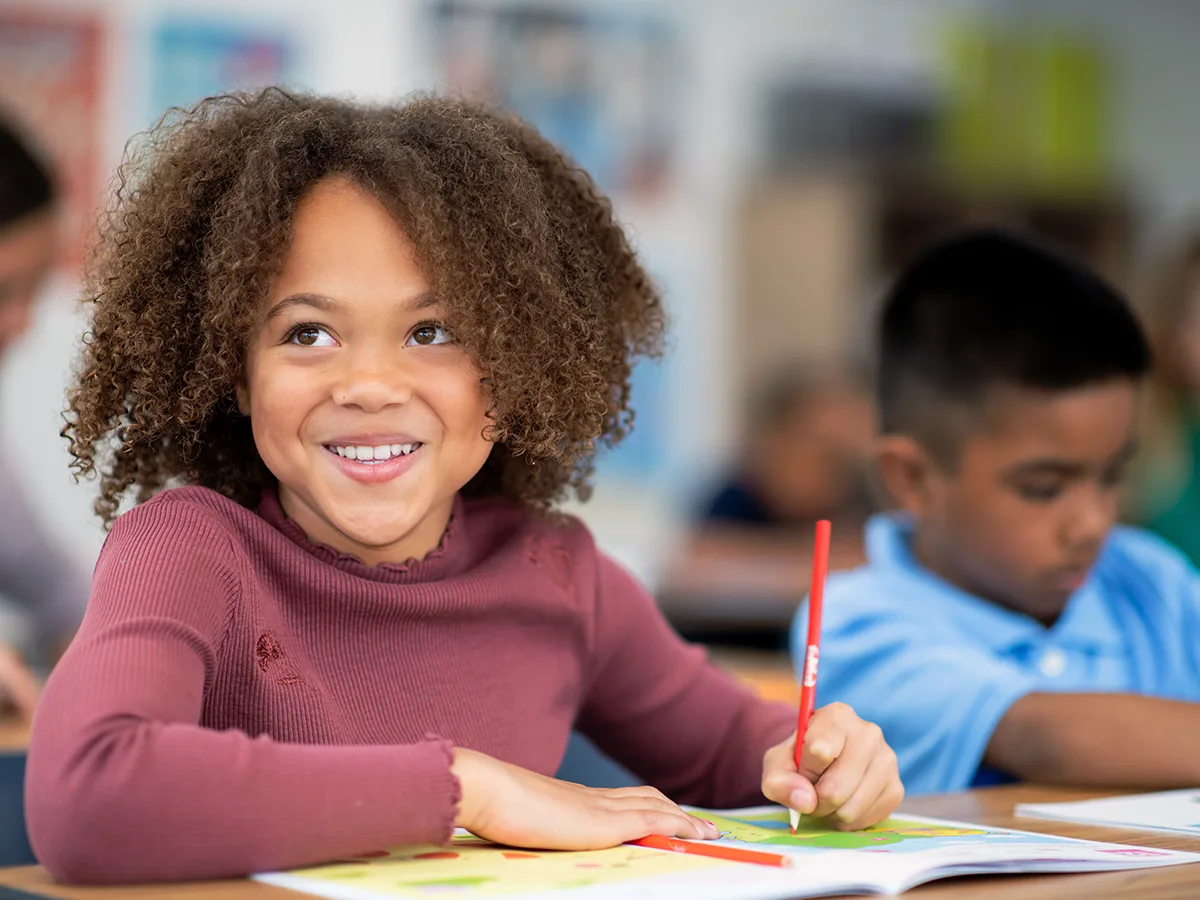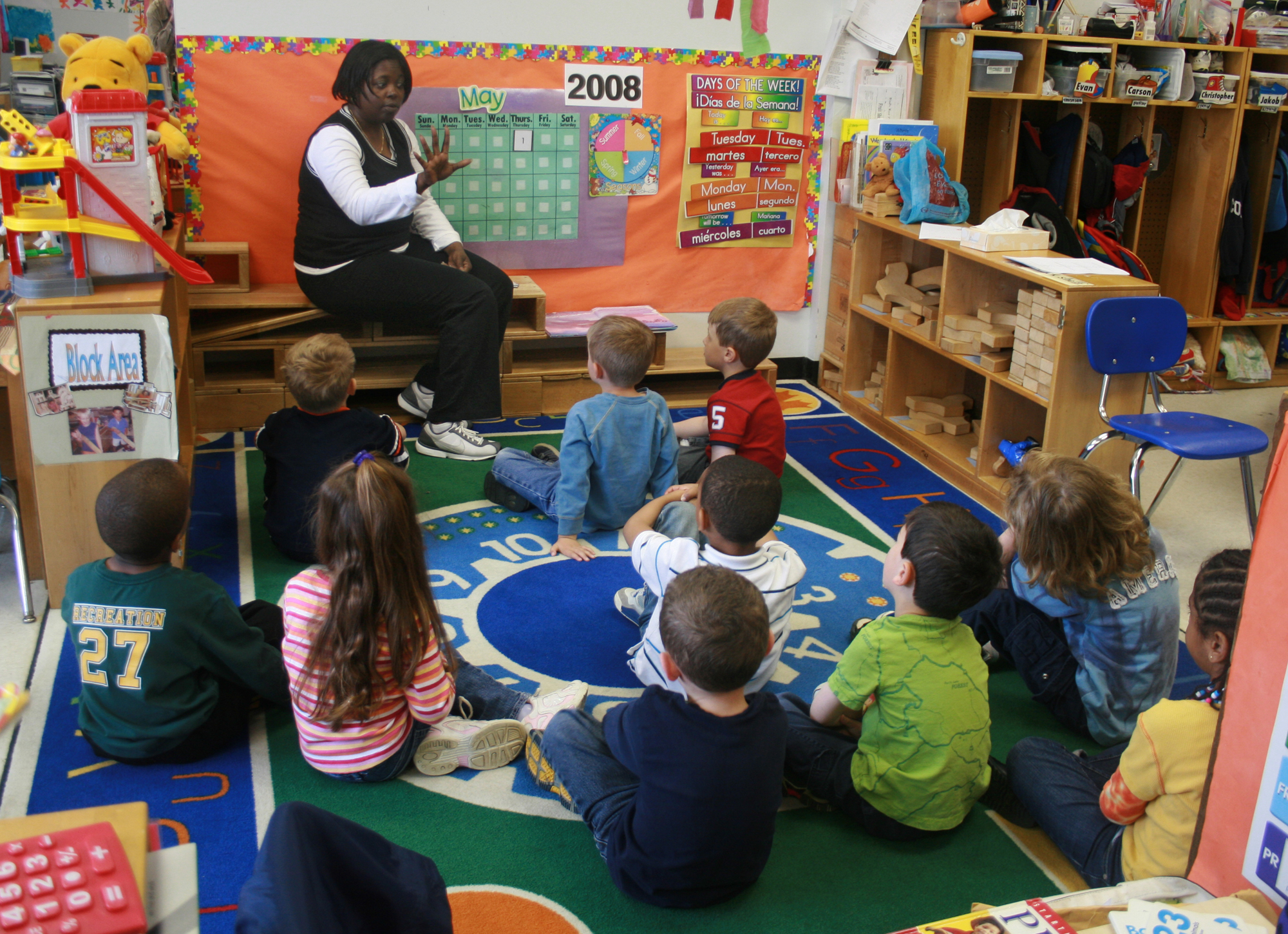The Role of Parents and Teachers in the Effort to Save Temecula Schools
The Role of Parents and Teachers in the Effort to Save Temecula Schools
Blog Article
Recognizing the Significance of Schools in Child Advancement and Community Development
Colleges' interaction with local neighborhoods through service-learning campaigns enhances the bond between families and academic institutions. This cooperative relationship emphasizes the significance of colleges in supporting energetic citizenship and lifelong discovering behaviors.
Academic Success
Academic success functions as a cornerstone of youngster development, giving the foundation upon which future knowing and success are built. Schools play a pivotal duty in fostering this scholastic development, providing structured settings where kids can acquire crucial knowledge and cognitive skills. Standard educational program guarantee that trainees gain efficiency in core subjects such as maths, scientific research, and language arts, which are essential for both higher education and learning and expert chances.
In enhancement to imparting fundamental academic skills, institutions also cultivate vital thinking, problem-solving abilities, and intellectual inquisitiveness. These cognitive proficiencies are vital for browsing complicated real-world scenarios and adapting to the ever-evolving demands of the contemporary workplace. Teachers, as facilitators of knowing, employ varied pedagogical strategies to cater to varied knowing styles, consequently maximizing private pupil possibility.
Moreover, scholastic success is closely connected to self-worth and inspiration. Children who experience academic achievements are more probable to create a favorable self-concept and a long-lasting enthusiasm for discovering. Colleges likewise provide different resources, such as collections and modern technology, which better improve the educational experience and prepare pupils for a highly sophisticated society.
Social Ability Growth
Beyond scholastic achievement, the role of institutions in social skill growth is vital. Schools act as a main venue for children to find out and exercise essential social skills such as conflict, interaction, and teamwork resolution. In the organized environment of a class, pupils engage with peers, teachers, and various other college staff, supplying various chances to develop these essential abilities.
Efficient social ability development in colleges is promoted via group tasks, collaborative projects, and extracurricular programs. These communications help trainees comprehend social standards, build empathy, and foster a feeling of community. Group assignments teach trainees exactly how to function together in the direction of an usual goal, listen to various point of views, and navigate disagreements constructively.

The farming of social skills during school years lays a structure for future individual and professional connections. Save Temecula Schools. As trainees mature, the capability to effectively team up and connect ends up being increasingly crucial, underscoring the school's essential duty in holistic youngster growth
Exposure to Variety
Exposure to diversity in institutions is basic to promoting a comprehensive mindset and expanding pupils' point of views. Schools function as a microcosm of the more comprehensive culture, and try these out experiencing varied societies, languages, and socioeconomic histories within this atmosphere outfits students with necessary abilities for browsing an increasingly globalized world. This exposure encourages empathy, minimizes prejudices, and promotes common regard amongst peers.
Diverse classrooms likewise enhance social and cognitive growth. Research suggests that students who communicate with peers from different backgrounds exhibit better analytical abilities and imagination. They discover to value various point of views, which enhances classroom discussions and fosters an extra vibrant understanding experience. Moreover, this understanding of variety prepares trainees for future work environments that value multicultural competence.

Community Engagement
The benefits of varied class extend beyond the school wall surfaces, cultivating a strong feeling of area involvement amongst students. By engaging with peers from different cultural, socioeconomic, and ethnic backgrounds, pupils gain a broader viewpoint and an appreciation for diversity. This exposure encourages them to become energetic residents that agree to contribute positively to their areas.
Colleges that stress neighborhood engagement frequently include service-learning projects, which permit trainees to address real-world issues while using academic abilities. These projects not only boost trainees' understanding of their coursework but likewise instill a sense of duty and browse around these guys empathy. Moreover, partnerships in between schools and neighborhood organizations give pupils with chances to take part in neighborhood occasions, further strengthening their role as positive area members.
Furthermore, parental and area involvement in schools strengthens the bond in between educational establishments and the areas they offer. With these efforts, colleges play an essential function in nurturing community engagement and cultivating social growth.
Lifelong Knowing Habits
Establishing lifelong learning habits is essential for a youngster's constant growth and adaptability in an ever-changing world. Institutions play a pivotal duty in instilling these routines by Your Domain Name creating an atmosphere that fosters curiosity, essential reasoning, and a love for knowledge. Through extracurricular tasks and varied curricula, instructors motivate students to explore various topics, evaluate information critically, and apply their finding out to real-world circumstances.

Additionally, colleges offer an organized atmosphere where youngsters can develop self-discipline and time monitoring skills, both of which are essential for continual knowing. By highlighting the significance of establishing goals, assessing progress, and adapting strategies, universities prepare trainees to browse the complexities of adult life, guaranteeing they remain lifelong students and factors to culture.
Conclusion
To conclude, colleges are vital in fostering kid growth and community growth by supplying environments for academic accomplishment, social ability growth, and exposure to variety. Through collaborative projects and interactions, institutions improve important reasoning, compassion, and interaction abilities. Community interaction initiatives additionally enhance the bond in between regional neighborhoods and academic organizations. Inevitably, colleges grow long-lasting understanding behaviors, outfitting people with the needed expertise and abilities to contribute favorably to culture.
In the organized environment of a class, students connect with peers, instructors, and various other college staff, offering countless chances to create these critical abilities.
In significance, direct exposure to diversity within colleges not just enriches individual trainees but likewise reinforces the social textile of the community as a whole.
The benefits of varied classrooms prolong past the college wall surfaces, fostering a solid sense of neighborhood interaction amongst pupils.Colleges that highlight community interaction commonly include service-learning tasks, which enable trainees to attend to real-world problems while applying academic skills. Collaborations between colleges and local companies give trainees with possibilities to take part in community events, further solidifying their duty as aggressive community members.
Report this page